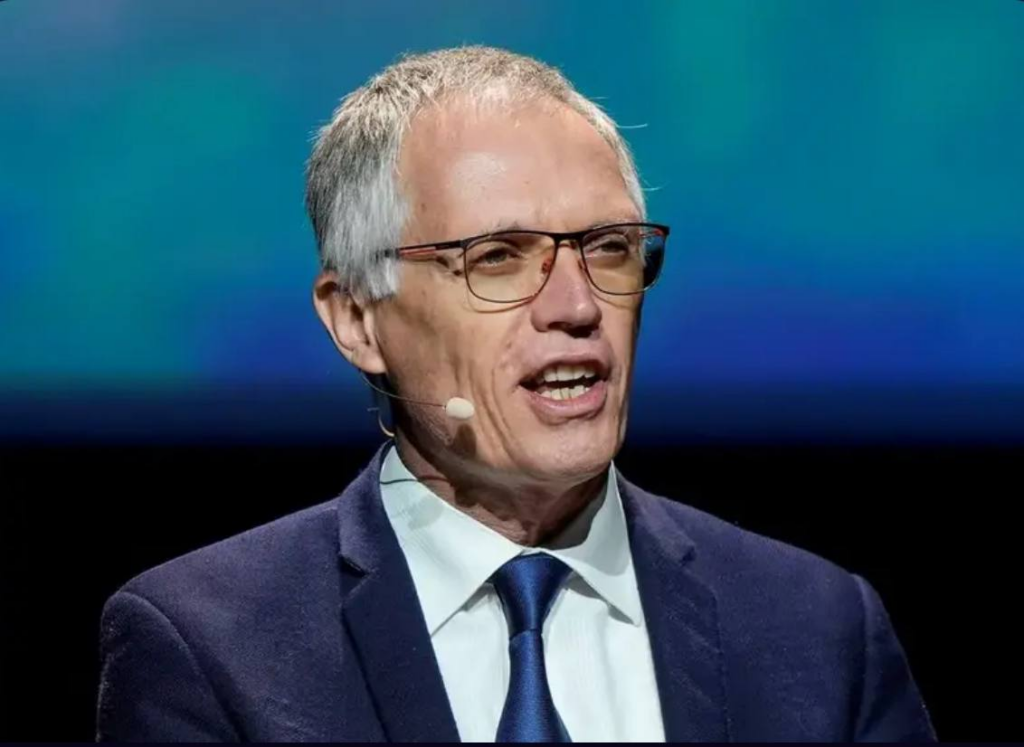Carlos Tavares Steps Down Effective Immediately
Stellantis, the world’s fourth-largest automaker, announced on Sunday the sudden resignation of its CEO, Carlos Tavares. The board of directors accepted his resignation, citing “different views” between Tavares and the board. His departure comes as the company faces significant challenges, particularly in the U.S. market, where sales have sharply declined.
The Legacy of Carlos Tavares
Carlos Tavares, 66, brought extensive experience to Stellantis. Before leading the company, he served as CEO of Peugeot and as executive vice president at Nissan. Tavares became CEO of Stellantis following its 2021 merger of Fiat Chrysler Automobiles and PSA Group. Under his leadership, the automaker initially thrived, navigating the challenges of the COVID-19 pandemic with strong sales and profitability. However, the company’s fortunes shifted dramatically in 2024.

Sales Decline and Leadership Struggles
Stellantis reported a 48% drop in net profits during the first half of 2024. This decline coincided with a 40% fall in the company’s stock value. Tavares publicly acknowledged his mistakes, attributing the slowdown to his own “arrogance” in addressing key challenges. He admitted delaying the formation of a task force to tackle pressing issues, which further exacerbated the situation.
Tariff Policy and Its Impact
Adding to the automaker’s difficulties, President-elect Donald Trump’s proposed 25% tariffs on imports from Canada and Mexico are expected to disrupt the industry. Stellantis operates four manufacturing plants in Mexico, making it especially vulnerable to the new trade policies. These tariffs have already contributed to a 4% drop in Stellantis’ stock price. Tavares openly opposed the tariffs, warning of their adverse effects on the automotive sector.
Moving Forward
Stellantis confirmed that the search for a new CEO is “well under way.” Tavares’ departure, initially set for 2026, underscores the growing urgency for strategic alignment within the company. As Stellantis faces mounting pressures, including declining U.S. sales and geopolitical challenges, the automaker must recalibrate its approach to regain stability and investor confidence.
Carlos Tavares leaves behind a mixed legacy marked by early success and recent turbulence. His resignation highlights the complexities of leading a global automaker through a rapidly changing industry landscape.
Our Visitor






 Users Today : 28
Users Today : 28


